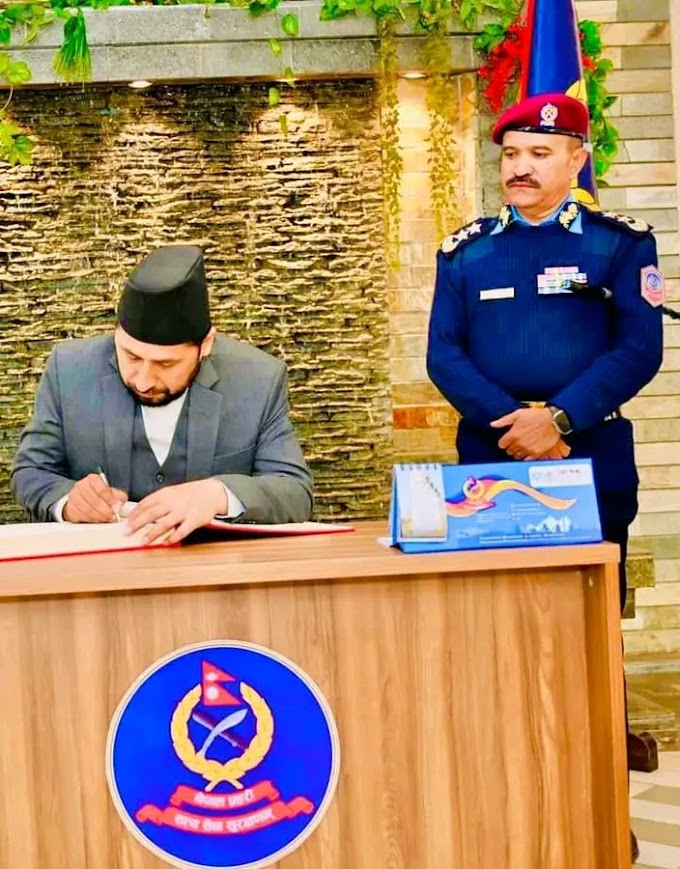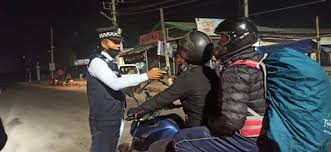 |
| The Gorkhali Army |
Originating from the rugged hills of Nepal, the Gorkhali soldiers trace their roots back to the mid-18th century when they were unified under the leadership of King Prithvi Narayan Shah. With a vision of expanding his kingdom and securing its borders, King Prithvi Narayan Shah laid the foundation of what would become one of the most revered military forces in the world.
The early Gorkhali soldiers, known for their indomitable spirit and fearlessness in battle, quickly gained recognition for their martial skills. Their proficiency in hand-to-hand combat, coupled with their resilience in harsh mountainous terrain, made them formidable adversaries on the battlefield. As the Gorkhali Army expanded its reach, it became renowned for its ability to overcome seemingly insurmountable odds and emerge victorious in the face of adversity.
One of the most significant chapters in the history of the Gorkhali Army began in the early 19th century when it caught the attention of the British East India Company. Impressed by the bravery and tenacity of the Gorkhali soldiers during the Anglo-Nepalese War (1814-1816), the British sought to harness their martial prowess by recruiting them into their own ranks.
Thus began a long and storied tradition of Gurkha service in the British Army. Over the years, Gurkha regiments would distinguish themselves in conflicts across the globe, from the battlefields of Europe during the World Wars to the jungles of Southeast Asia during the Malayan Emergency. Their unwavering loyalty and unmatched courage earned them the respect and admiration of allies and adversaries alike.
In addition to their service in the British Army, Gurkha soldiers have also played a vital role in the defense of India. Following India's independence in 1947, Gurkha regiments became an integral part of the Indian Army, safeguarding the nation's borders and upholding its sovereignty with valor and dedication.
The legacy of the Gorkhali Army extends beyond mere military exploits; it embodies the spirit of sacrifice, honor, and camaraderie. Gurkha soldiers are not only revered for their battlefield heroics but also for their deep sense of duty and humility. Their code of conduct, encapsulated in the motto "Better to die than to be a coward," reflects their unwavering commitment to duty and honor.
Today, the Gorkhali Army continues to stand as a symbol of Nepal's rich martial heritage and its enduring spirit. While the world around them evolves, the Gurkha soldiers remain steadfast in their dedication to upholding the values of courage, loyalty, and service to their nation and allies. In an era marked by rapid change and uncertainty, the timeless legacy of the Gorkhali Army serves as a beacon of inspiration for generations to come.







